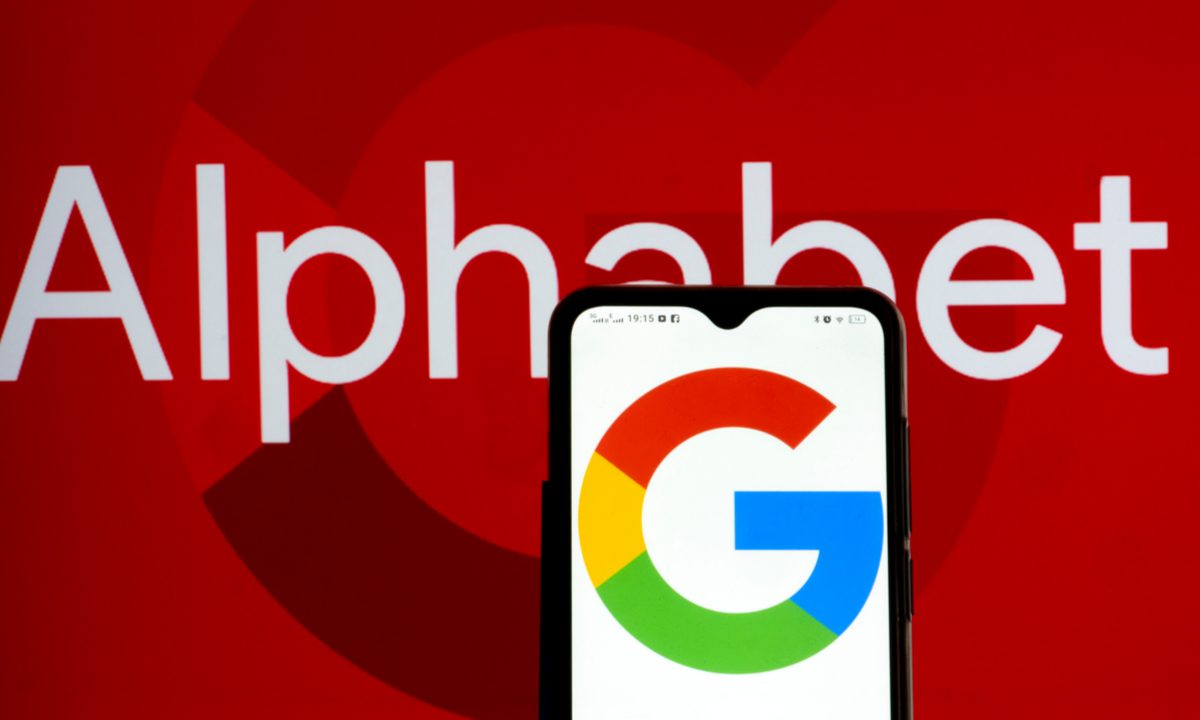Alphabet Inc.’s Google has pitched changes to its Play Store in a bid to ward off future European Union penalties following a warning from regulators.
The company unveiled the adjustments on Tuesday, outlining steps that will let app developers more easily guide customers outside of Google’s ecosystem for purchases. The move follows a warning in March from EU regulators who said the company was making it difficult for developers to direct users to external payment options, according to Bloomberg.
Under the new plan, which covers 30 European countries, Google will allow apps to link users directly to websites for transactions rather than requiring them to use the Play Store. The overhaul will also introduce a revised fee structure to offset costs. Per Bloomberg, Google’s so-called “initial acquisition fee” for developers will be reduced from 10% of a transaction to 3%, though a tiered system of fees will still apply.
Clare Kelly, senior competition counsel at Google, acknowledged that the new approach carries risks, saying that opening up payments outside of the Play Store could increase exposure to harmful content. “While we still have concerns that these changes could expose Android users to harmful content and make the app experience worse, we’re updating our External Offers Program for the EU with revised fees and more options for Android developers” following discussions with the European Commission, Kelly said.
Read more: Google to Pay A$55 Million Fine in Australia Over Search Deals With Telcos
The changes come as the EU ramps up enforcement of the Digital Markets Act (DMA), legislation that gives regulators sweeping powers over major tech companies. Unlike traditional antitrust probes, the DMA sets out strict obligations in advance and threatens fines of up to 10% of a company’s global annual revenue for violations.
Apple has already implemented modifications to its App Store earlier this year in response to the same rules, though it is simultaneously challenging the requirements in court. According to Bloomberg, Apple and Meta have each faced penalties under the DMA so far, with fines of €500 million ($583 million) and €200 million, respectively. Google, meanwhile, has previously been hit with more than €8 billion in penalties under broader EU competition law.
With the Play Store revisions, Google appears to be seeking to get ahead of any fresh sanctions under the DMA, while balancing regulators’ demands with its concerns over user safety and revenue protection.
Source: Bloomberg
